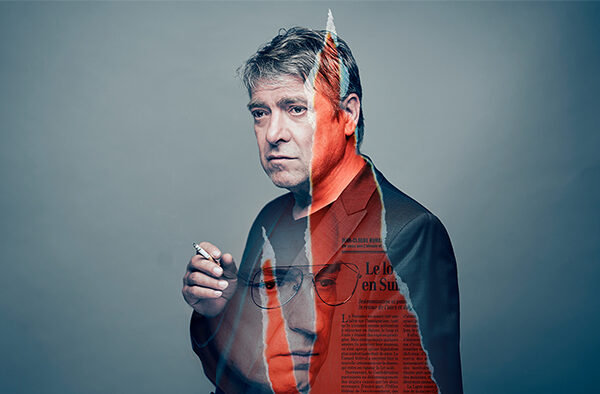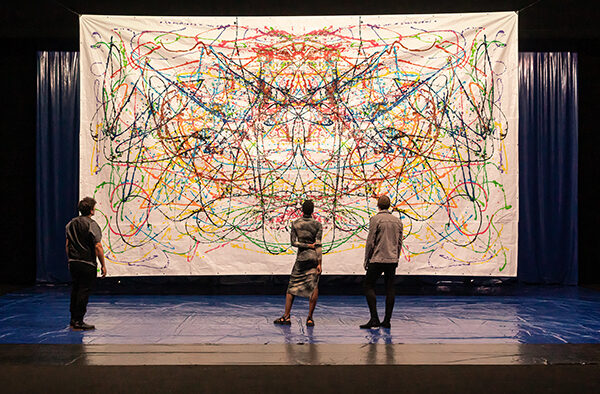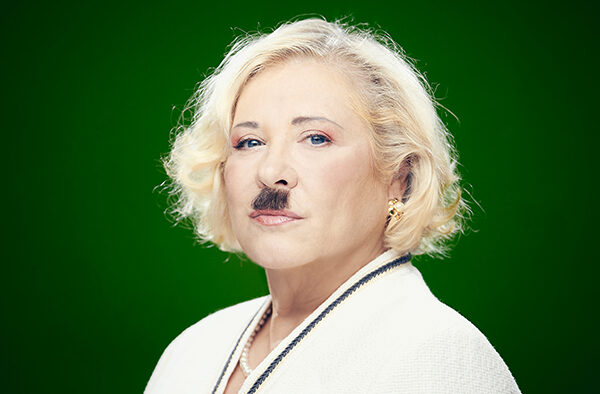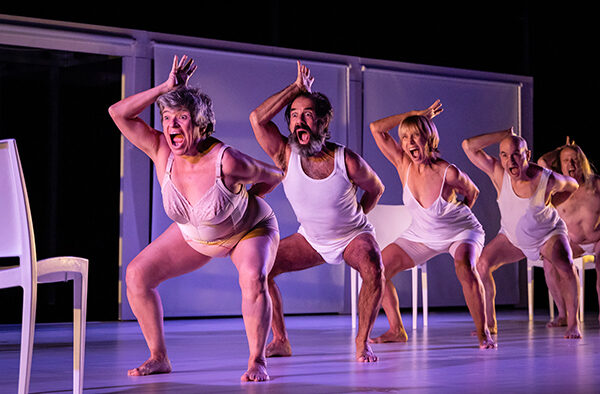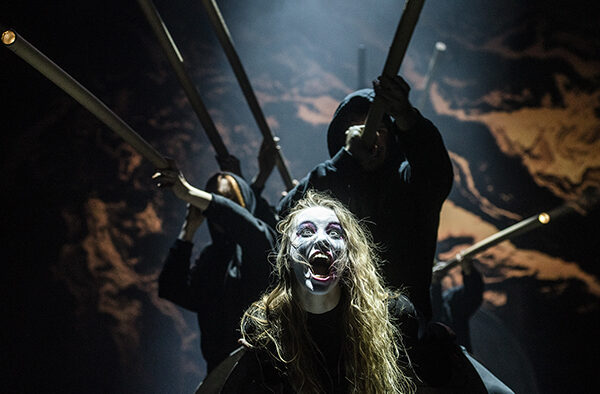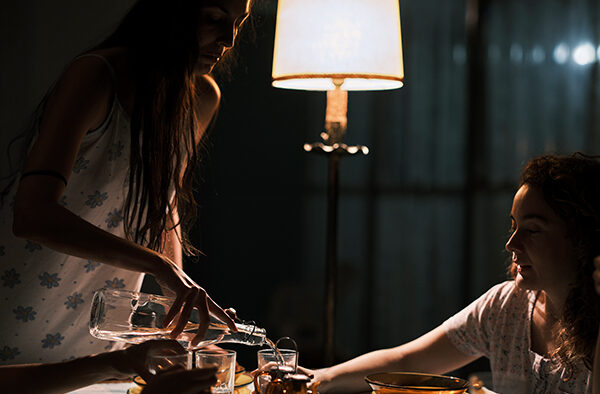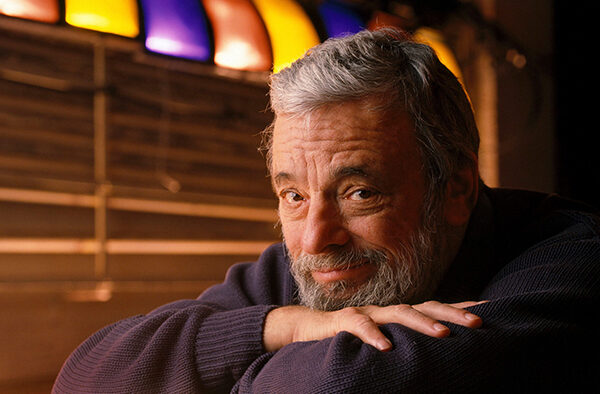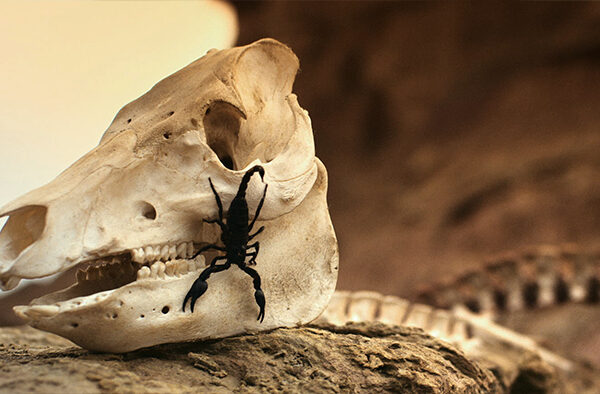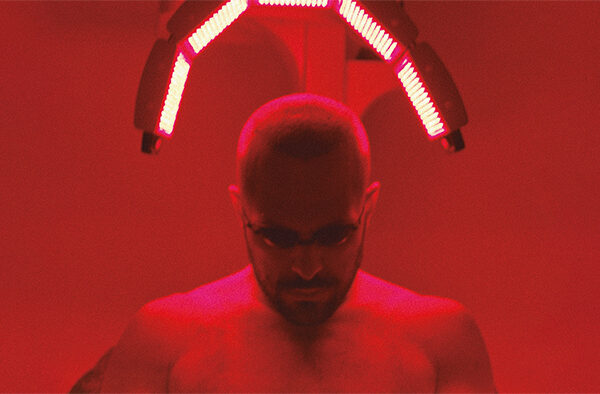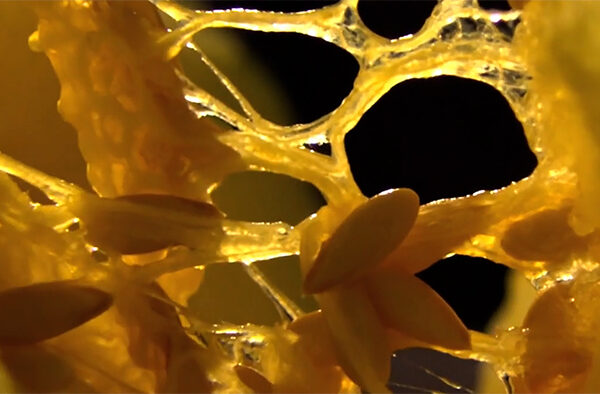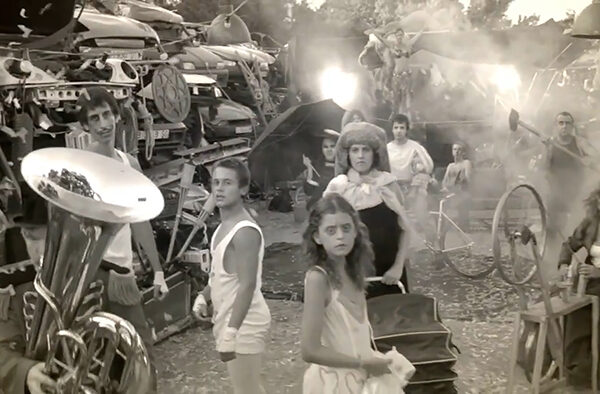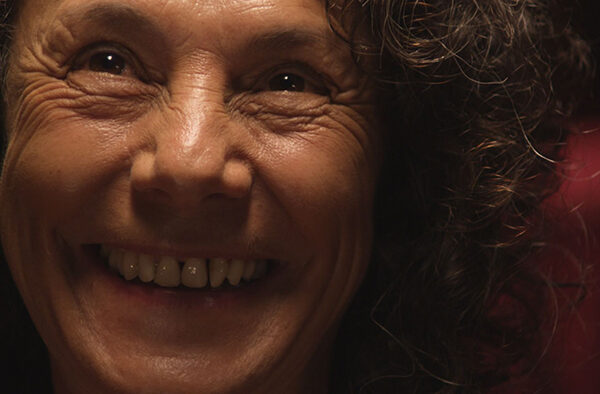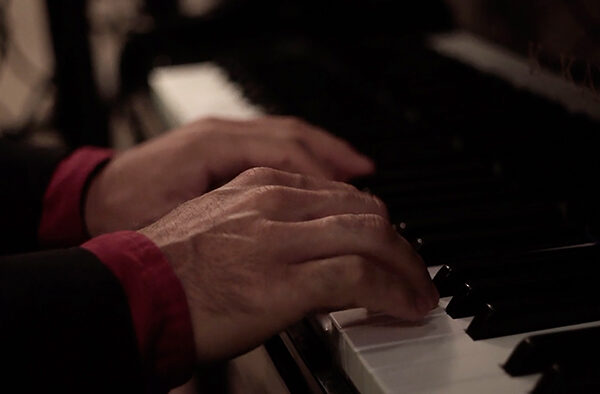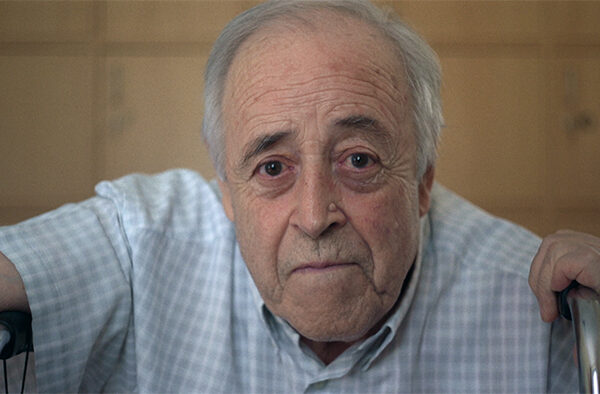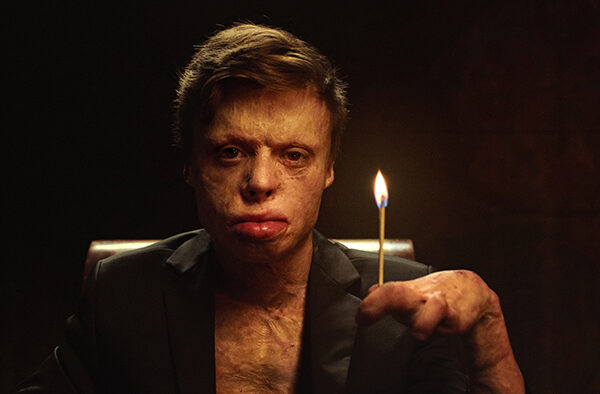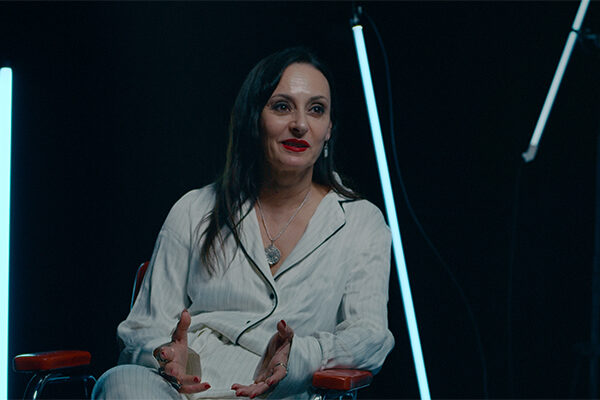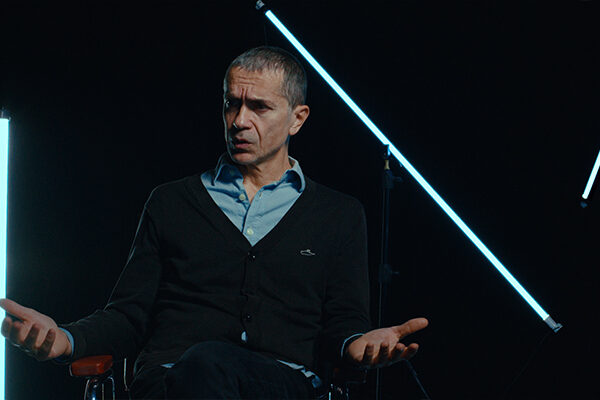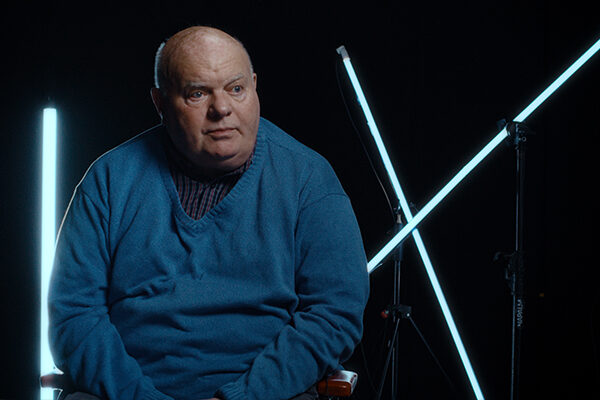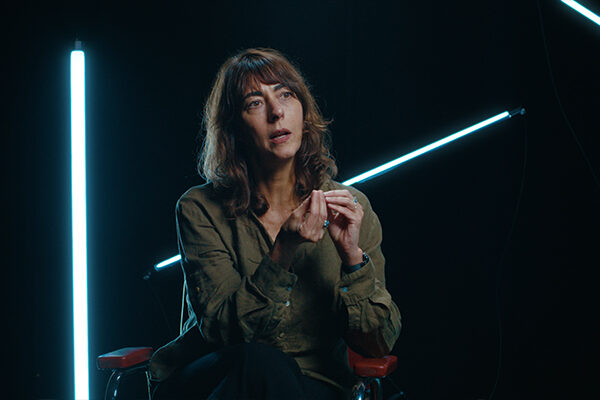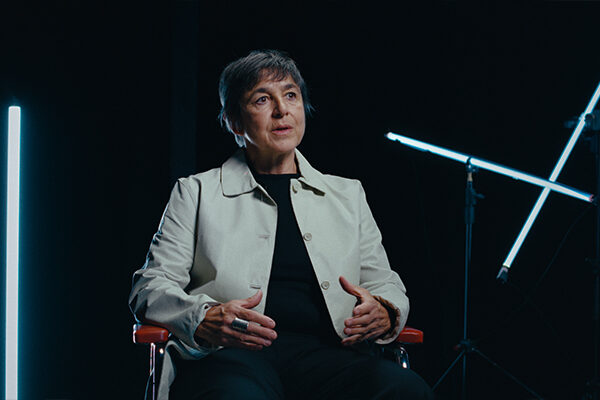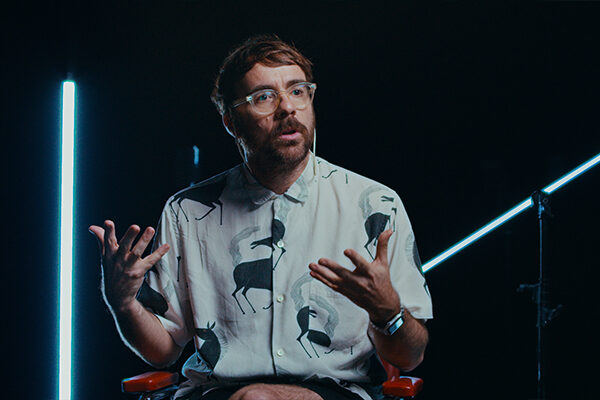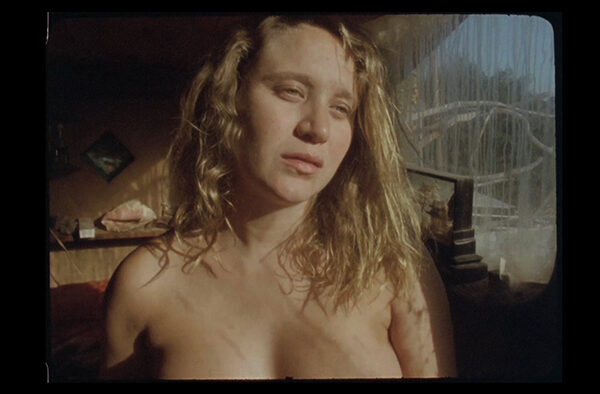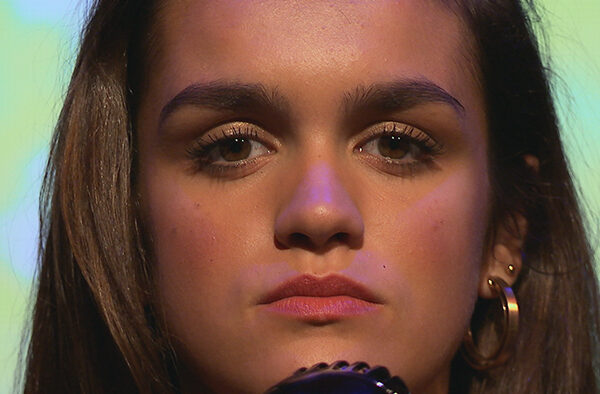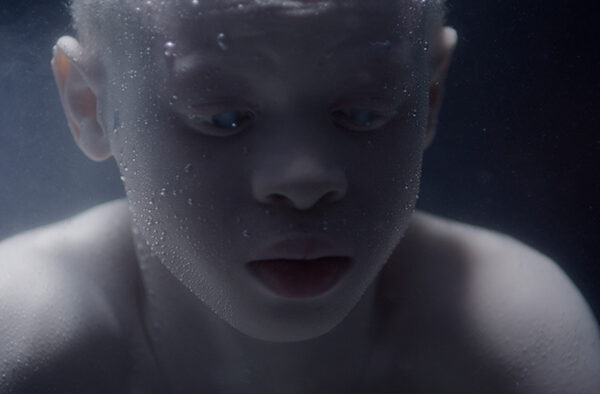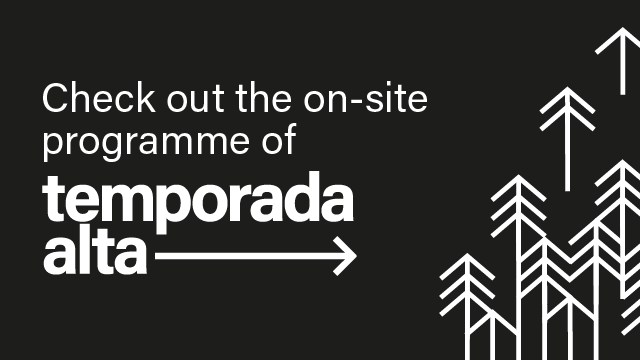It's been years since reality entered the theaters and took over the stage. As has also happened with the rise of the essay in literature or the documentary in audiovisuals, creators and audiences have become interested in theater that speaks not only of reality but also of the present. Because? Do we need to understand the permanent crisis we live in? Has fiction distanced the theater from the spectator? Are we tired of the 'lies'? Is the theater the best space for collective reflection?
Labels always cause problems, especially when we want to label things that are difficult to label. Stage installations, the theater of objects or the so-called "theatre without theatre" are described with terms such as contemporary creation, new dramaturgies, multidisciplinary, hybrid... But the fact is that the performing arts are not always, by definition , contemporary, multidisciplinary and hybrid? We talk to three pairs of creators who have a lot to say on the subject. And that, in addition, they put on fantastic shows.
The rise of the extreme right is a global phenomenon. On the European continent, it is being demonstrated with attacks on various groups by their violent factions, to electoral results that have even led to the presidency of the ultra parties of countries with so much weight in the European Union like Italy How is this reality transferred to theatrical settings? How should we respond from the current creation? How is democracy preserved? Is the anti-fascist position something for all democrats? We talk about it in this episode that aims to overcome hate speech.
Have you ever wondered what your death will be like? Have you ever thought if the last years of your life? Will you spend your old age in a retirement home? Have you ever contemplated suicide? In a single chapter we will talk about topics that we constantly avoid. Three taboos Let's start with one of the few certainties we have, death. What equalizes everyone never appears in conversations and a good excuse can be provided, precisely, by plays such as "Those who do not die" by Las Huecas or "Sleeping City" by Pau Masaló and Irene Visa. But, before reaching the end of life, we also do not talk about the previous stage of most mortals, old age. We look away from it so much that it even gives rise to discrimination such as ageism. "Moriu-vos", the new "Culture and conflict" project, invites us to reflect on it. Finally, another taboo that we break is that of suicide. There are more and more people who consider that hiding it under silence does it no good, but that it is by talking about it and well, that we can prevent it. Two recent shows face him, "Harakiri" by Les Impuxibles and "Lacrimosa" by Bárbara Mestanza and Francesc Cuéllar. Will you join us for this walk that starts in a cemetery?
Classic texts are part of our tradition and are never missing from festival and theater programs. Now, in the middle of the 21st century, perhaps the time has come to consider how we read and represent them. What do we make of their misogynistic, racist, LGBTI-phobic, classist and more messages, a product of the times and contexts in which they were written and, above all, how do we offer them to new generations, both in theaters and classrooms ? We talk about adaptations, revisions and subversions, always with a feminist perspective and a bit of punk.
In the 21st century, not a year goes by that the works of Federico García Lorca do not set foot on our stages, always with public success and always with that validity that only true classics achieve. Why do Federico's words sound so close to us today? What made it so popular? What would you think of the readings and adaptations that are made today of his work? And the problems of access to culture that he already denounced and that we still suffer?
If we are lucky enough to have been able to enjoy some of Stephen Sondheim's musicals in Catalan, it is thanks to the passion and effort of some of our directors, performers and translators. One of the greatest musical composers of the 20th century has starred in glorious pages in the history of our theatre. "Gulf of Rome", "Sweeney Todd", "A Little Night Music", "Follies" or "Company" are some of the titles that appear in this conversation about music and theater, translation and language, craft and passion. A memory, a tribute... A party dedicated to the great Stephen Sondheim.
Progress is what has made us so different after a few thousand years and has transformed the world so much. Other species are practically the same now as they were thousands of years ago. An example of this is the scorpion, which is also one of the few animals capable of killing itself (or so they say).
The other animal that can do this is, without a doubt, man.
In the desert, the monkey becomes human because he can quench his thirst with the salvific drop that the bottle still contains, or is it precisely because he is already beginning to be (human) that he goes to the bottle, knowing that it does not contain only liquid that will calm him but the essence of what will be permanence and reflection, ie pain?
Salvador Sunyer (son) has been the creator of the Temporada Alta festival spots for the last ten years. Coinciding with the thirtieth anniversary of the festival, Salvador has a daughter and does not see himself with the strength to continue being the same person he thought he was.
Alopècia Androgènica is the last short film he will make for this theater festival directed by his own father, with whom he shares a name and hairstyle.
A theater festival is like a melon: you have to open it to know how it is.
As a fruit, the melon has many virtues (against depression, for example) and is used in different cures. Apart from being a fruit, however, it has several symbolisms that can give rise to many, sometimes suggestive, interpretations.
This it's possible focuses on the audience and man's atavistic need for catharsis, emphasizing the long list of facial and body expressions that any audience makes unconsciously and mechanically. A fascinating visual experience where we will all see ourselves reflected.
speak of'a primary need of man now and in the past, which has always moved him to make theater inside prehistoric caves, later in the theaters of Greece and up to the present day.
A tired and economically exhausted country that is part of an old Europe that runs the risk of thinking about the past instead of drawing its future; this is the framework in which the Temporada Alta 2012 festival takes place.
Due to the economic crisis, there is a feeling of a certain general depression in the artistic world which, in addition, causes doubts to be generated about what the role of culture should be at a time like this.
And now... And now... And now... And now what? What! Now… Now… Now…
A health, social and cultural crisis that has changed everything has placed us in the land of absolute uncertainty, but the arts have always moved and will move in crisis and uncertainty!
In an ideal setting, the theater is a place of collective reflection where anyone can be, one of the last spaces of freedom we have left.
If there is freedom in the theater, it should also exist in its advertising. And the most free advertising would be the one capable of questioning its own product and consumer.
The theater is only the flame, but it is the audience that must stir it.
La Caverna is an audiovisual project where a series of artists who have been through Temporada Alta and linked to the festival reflect on their career, the performing arts and the world of creation, together with other artists, journalists and international personalities from the world of the culture
La Caverna is an audiovisual project where a series of artists who have been through Temporada Alta and linked to the festival reflect on their career, the performing arts and the world of creation, together with other artists, journalists and international personalities from the world of the culture
La Caverna is an audiovisual project where a series of artists who have been through Temporada Alta and linked to the festival reflect on their career, the performing arts and the world of creation, together with other artists, journalists and international personalities from the world of the culture
La Caverna is an audiovisual project where a series of artists who have been through Temporada Alta and linked to the festival reflect on their career, the performing arts and the world of creation, together with other artists, journalists and international personalities from the world of the culture
La Caverna is an audiovisual project where a series of artists who have been through Temporada Alta and linked to the festival reflect on their career, the performing arts and the world of creation, together with other artists, journalists and international personalities from the world of the culture
La Caverna is an audiovisual project where a series of artists who have been through Temporada Alta and linked to the festival reflect on their career, the performing arts and the world of creation, together with other artists, journalists and international personalities from the world of the culture
An actress, Raquel Ferri, gives birth. And an actress, Raquel Ferri, plays the night and day during which she gave birth.
Dreams can also be a matter of life or death. In this dream, the actress multiplies into different women, and prepares to give birth. And in some moment (from the past or the future) he relives the desires, the fears, the hopes, the friction of the bodies in transformation.
At the decisive moment of childbirth, real life and acting embrace and look into each other's eyes, just as it always does in our lives.
In 1971 Jeanette revolutionized Spain with the song I'm Rebel. The subject was a worldwide success but here it was banned for underage girls. In 2018, and having suffered the biggest rollback of freedoms since Franco, another singer once again made an entire country fall in love with her Rebellion.
Amaia wins the reality show OT and represents Spain at Eurovision thanks to her talent and personality. She is the transformative figure capable of reaching all levels of society. She sings this song for us to hear again. She is the voice of Spain.
Purgatory is a free interpretation of Purgatory. vrather than being like a mythological story about redemption. A cry in favor of the purge. A necessary purge to start over again, having learned from mistakes and pointing out culture as a powerful elevator capable of making the human soul soar.

